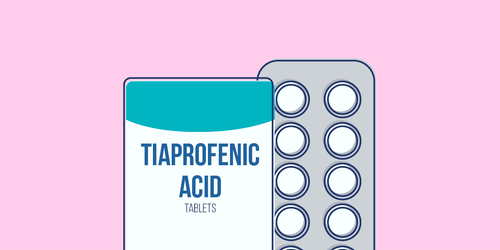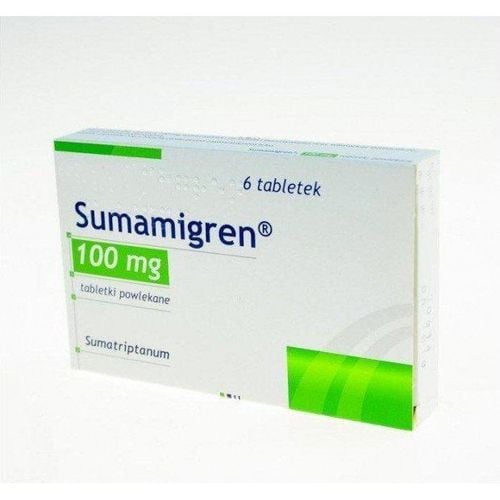This is an automatically translated article.
Flazacort medicine contains the main active ingredient Deflazacort 6mg, belongs to the group of analgesics, antipyretics, non-steroid anti-inflammatory drugs, drugs to treat gout and bone and joint diseases. Learn more about the uses and notes when using Flazacort through the article below.
1. Uses of the drug Flazacort
Flazacort is indicated for use in the following cases:
Anaphylaxis, and the occurrence of serious hypersensitivity reactions. Rheumatoid arthritis, chronic arthritis in adolescents Systemic lupus erythematosus, dermatitis. Patients with mixed connective tissue, systemic sclerosis. Polyarteritis, sarcoid disease. The patient had pemphigus, bullous pemphigoid, and necrotizing pyoderma. Patients with minimal change nephrotic syndrome, acute interstitial nephritis. Rheumatic heart disease. Ulcerative colitis, Crohn's disease. People with uveitis, optic neuritis. People with autoimmune hemolytic anemia, spontaneous thrombocytopenic purpura. Patients with acute lymphoblastic leukemia, malignant lymphoma, multiple myeloma. Immunosuppression in transplantation. The use of Flazacort is contraindicated in the following cases:
Patients with systemic infections, unless they have been treated for specific infections. Patients with known hypersensitivity to deflazacort or any of the excipients. The patient was vaccinated with a live virus.
2. Dosage and how to use Flazacort
Flazacort is taken orally. Dosage will be different depending on the condition and health of each patient. Users can refer to the dosage of Flazacort as follows:
Adult patients:
People with rheumatoid arthritis: Maintenance dose from 3-18 mg/day. The effect is achieved immediately at the lowest dose and increase the dose if necessary. Asthma: Acute, when necessary, the dose can be 48-72 mg/day, gradually reducing the dose when the disease is controlled; In chronic asthma, the lowest maintenance dose that still controls symptoms. Other cases: Depending on clinical response, the dose may be titrated to the lowest effective dose for maintenance. Children are patients:
Chronic arthritis in adolescents: Use maintenance dose 0.25 - 1.0 mg/kg/day. Nephrotic syndrome: 1.5 mg/kg/day, then adjusted down to clinical need. Asthma: dose 0.25 - 1.0 mg/kg, used every other day. Note: Limit the use of deflazacort in children
The above recommended therapeutic dosage for Flazacort is for reference only. Therefore, patients need to use the drug as prescribed by the doctor to ensure the best effect.
3. Flazacort side effects
Some unwanted side effects when using Flazacort may be encountered including:
Common symptoms:
Weight gain. Uncommon symptoms:
Cushing's facial amenorrhea; Osteoporosis, fracture Headache, dizziness Hirsutism, acne Peptic ulcer disease When unusual symptoms or undesirable effects appear, consult a doctor for diagnosis. situation and take timely remedial measures.
4. Flazacort drug interactions
It is recommended to increase the maintenance dose of deflazacort when used concomitantly with inducers of liver enzymes such as rifampicin, rifabutin, carbamazepine, phenobarbitone, phenytoin, primidone and aminoglutethimide.
May reduce the maintenance dose of deflazacort when co-administered with liver enzyme inhibitors such as ketoconazole.
Hypoglycemic agents, antihypertensives and diuretics are neutralized by corticosteroids when deflazacort is used concurrently with estrogen.
Concomitant use of antacids and deflazacort may reduce bioavailability, should be administered at least 2 hours apart.
5. Some notes when using Flazacort
Adrenal suppression: After prolonged treatment, the dose should be reduced slowly and gradually over several weeks or months depending on the dose and duration of treatment to avoid fatal acute adrenal insufficiency. and tapered off over several weeks or months depending on the dose and duration of treatment.
Effective in anti-inflammatory/immunosuppressive and infection. The following symptoms require special caution and regular monitoring of the patient when using Flazacort:
Salt restriction and potassium supplementation in patients with Heart disease or congestive heart failure except rheumatic heart disease, increased blood pressure, thromboembolic disorders. Gastritis or esophagitis, diverticulitis, ulcerative colitis if there is a possibility of perforation, abscess or pyogenic infection, small bowel anastomosis, active or latent peptic ulcer. Diabetes mellitus or family history of diabetes mellitus, osteoporosis, myasthenia gravis, renal failure. Emotional instability or psychotic tendencies, epilepsy. Myopathy due to previous corticosteroid use. Hepatic impairment:
Hypothyroidism and cirrhosis may enhance the glucocorticoid effect. Herpes simplex in the eye can perforate the cornea. Some other cautions include:
Flazacort should not be used in patients with rare hereditary problems such as galactose intolerance, total lactase deficiency or glucose-galactose malabsorption. Pregnant women and lactating women need to be careful when using the drug. Before driving or operating machinery, it is necessary to pay attention to the body's response to the drug. Above is the important information about the drug Flazacort, patients should carefully read the instructions for use and use according to the dose prescribed by the doctor to achieve the best effect.













